Memory is a key factor in an animal's ability to learn, adapt, and survive. But which animal has the best memory? While many animals exhibit impressive cognitive abilities, some species stand out for their remarkable memory skills. From Elephants-Are-Endangered.html">elephants and dolphins to birds and octopuses, let’s explore the animals that are known for their exceptional memory and understand why these abilities are so crucial to their survival.
When it comes to animals with exceptional memory, Elephants-Are-Endangered.html">elephants are often at the top of the list. Known for their long lifespan and social complexity, elephants rely heavily on their memory to navigate the vast landscapes they roam and to maintain strong social bonds within their herds.
Spatial Memory: Elephants have an incredible ability to remember locations, such as waterholes and feeding grounds, even if they haven’t visited them in years. This is especially important for elephants living in arid regions, where water sources can be scarce and spread over vast distances.
Social Memory: Elephants also have remarkable social memory. They can recognize and remember the scents, voices, and faces of other elephants and even humans for decades. Female elephants, in particular, use their memory to remember the family members and social hierarchies within their herd, helping them maintain close relationships over time.
Examples: Researchers have documented cases of elephants recognizing people who cared for them many years ago, and in the wild, matriarch elephants use their memory to lead their group to resources in times of drought, recalling water sources from decades past.
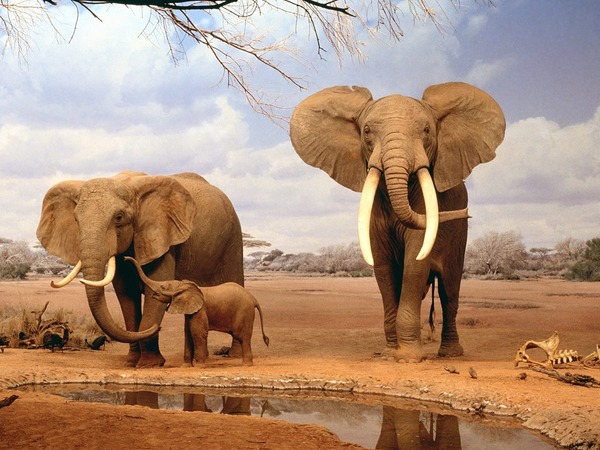
dolphins.html">Dolphins are another species known for their incredible cognitive abilities, particularly their memory. Dolphins are highly social animals, and their ability to remember individuals and communicate complex information is essential to their survival in the wild.
Long-Term Memory: Studies have shown that dolphins have the longest social memory of any non-human species. They can recognize and remember the unique whistle “names” of other dolphins even after being separated for more than 20 years. This ability is crucial in maintaining social bonds and cooperation within dolphin pods.
Problem-Solving and Learning: Dolphins also have excellent problem-solving skills, which are supported by their strong memory. They can remember training commands and tricks for years, even after long periods of inactivity. This memory is not only useful in social interactions but also in hunting strategies and environmental navigation.
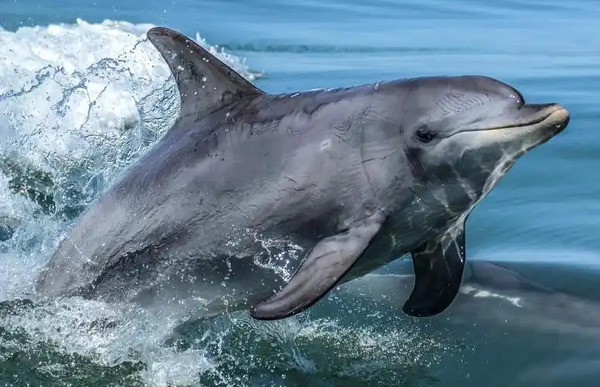
Chimpanzees, humans’ closest living relatives, are known for their high intelligence and complex social behaviors. Their memory plays a critical role in their ability to use tools, solve problems, and interact with others in their community.
Working Memory: One of the most fascinating aspects of chimpanzee memory is their working memory, which can outperform even humans in some tasks. In experiments, chimpanzees have demonstrated an extraordinary ability to remember the locations of numbers on a screen after seeing them for just a fraction of a second. This is believed to be a survival adaptation that helps them in foraging and navigation.
Social Memory: Like elephants, chimpanzees have a strong social memory. They remember past alliances and relationships, which influence their social behavior. They use this memory to maintain social order within their groups, remember past conflicts, and form strategic alliances.
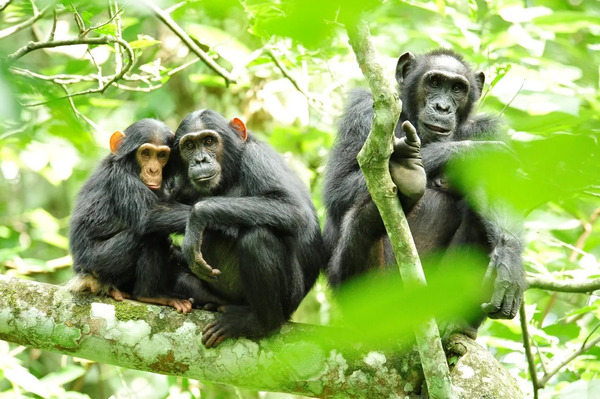
While mammals often steal the spotlight when it comes to memory, some birds exhibit equally impressive cognitive abilities. Clark’s nutcrackers, a species of bird found in North America, are famous for their extraordinary spatial memory.
Caching Behavior: Clark’s nutcrackers cache thousands of seeds each year to survive the winter months. What’s remarkable is their ability to remember the exact locations of these seed caches months later, even when they are buried under snow. This ability to recall precise locations over long periods is essential for their survival, and scientists believe it requires advanced memory processing.
Example: Studies have shown that Clark’s nutcrackers can remember the locations of up to 10,000 different seed caches over a range of dozens of miles, demonstrating one of the most remarkable memories in the animal kingdom.
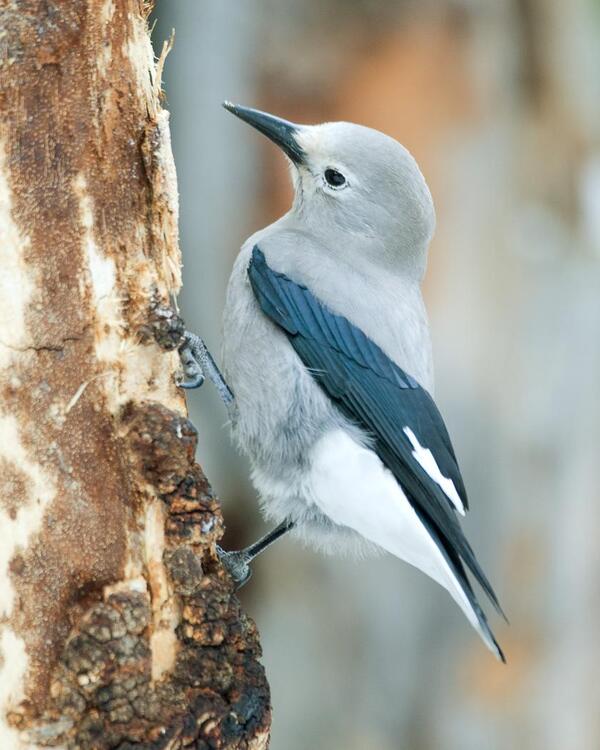
Although octopuses are invertebrates, they are known for their intelligence and surprising memory skills. These solitary creatures have the ability to solve complex puzzles and remember solutions, showcasing their cognitive abilities.
Short and Long-Term Memory: Octopuses can learn and remember tasks, such as opening jars to retrieve food, and they can remember how to perform these tasks for weeks or even months. Their ability to adapt and learn from their environment highlights their strong memory skills.
Examples: In research experiments, octopuses have shown an ability to recognize and differentiate between different human handlers, even displaying distinct behaviors toward individuals they have had positive or negative experiences with.
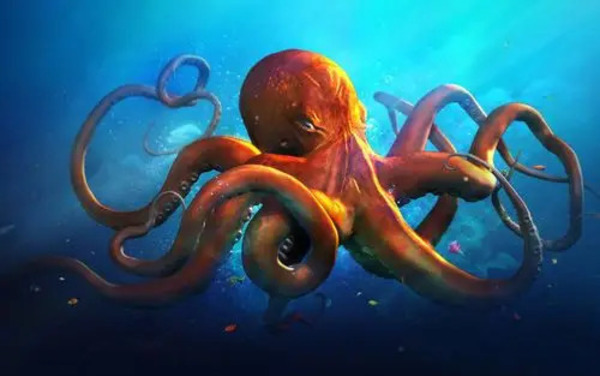
Squirrels are another species with notable memory, particularly for their ability to remember the locations of food stores. Like Clark’s nutcrackers, squirrels rely on their spatial memory to locate caches of nuts that they have buried across a wide area.
Spatial Memory: Squirrels use their memory to retrieve food that they have hidden, which is crucial for their survival during the winter months when food is scarce. Studies suggest that squirrels remember the general area where they have buried their food and use visual and scent cues to pinpoint the exact locations.
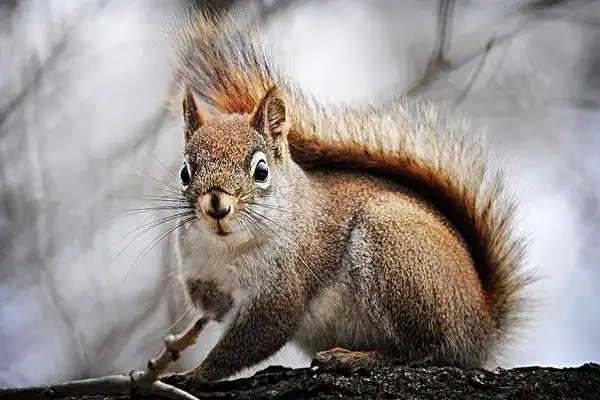
Rats are known for their ability to navigate mazes and solve problems, thanks to their strong memory. Their ability to remember paths and patterns helps them in foraging and avoiding predators.
Memory in Research: Rats have been widely used in memory and learning research because of their ability to remember complex mazes and tasks. They can recall routes they’ve traveled and solutions to problems they’ve encountered, which makes them valuable subjects in cognitive science studies.
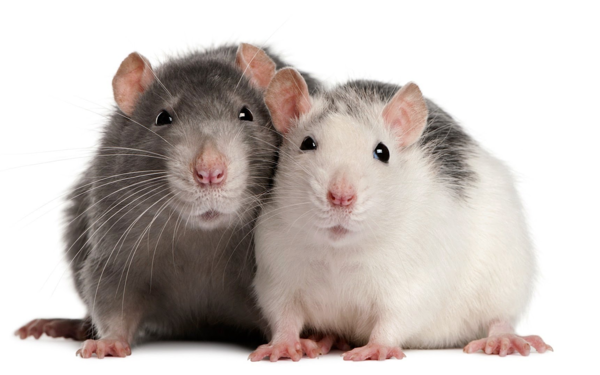
Memory plays a critical role in an animal’s survival. It enables animals to:
Locate food and water: As seen in elephants and birds like Clark’s nutcrackers, memory helps animals find resources critical for their survival, especially in challenging environments.
Form social bonds: For species like dolphins and chimpanzees, memory is essential for maintaining relationships and social hierarchies, which can influence survival and reproduction.
Learn and adapt: Memory allows animals to learn from past experiences and adapt their behavior to new challenges. This is evident in animals like octopuses and rats, which use memory to solve problems and find food.
So, which animal has the best memory? While elephants are often considered to have the best memory due to their remarkable long-term recall and social intelligence, other animals like dolphins, chimpanzees, Clark’s nutcrackers, and even octopuses demonstrate extraordinary memory abilities as well. Each species’ memory skills are uniquely adapted to their environment and survival needs, showcasing the diversity of intelligence across the animal kingdom.
animal tags: Rats Squirrels Octopuses
We created this article in conjunction with AI technology, then made sure it was fact-checked and edited by a Animals Top editor.